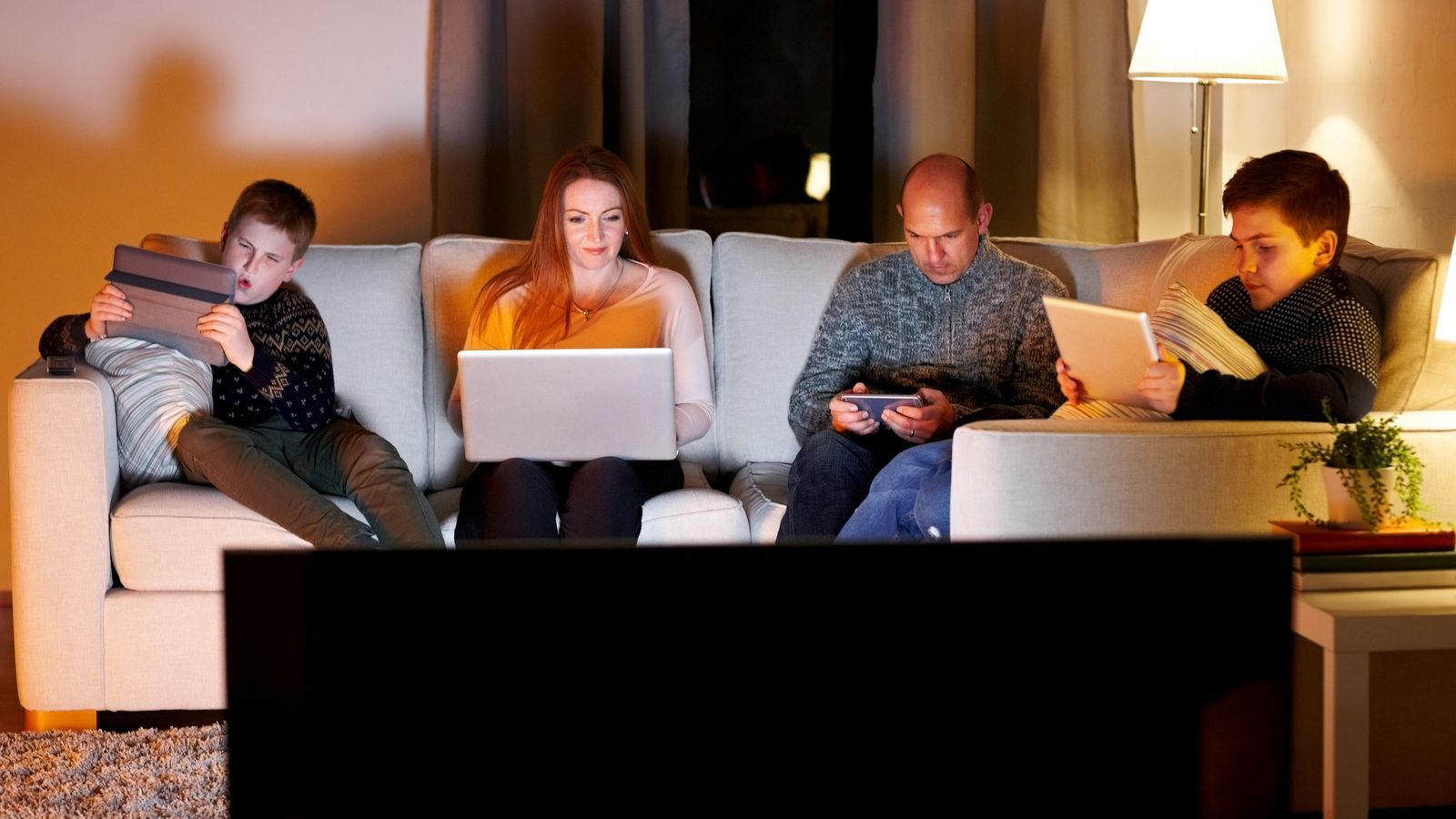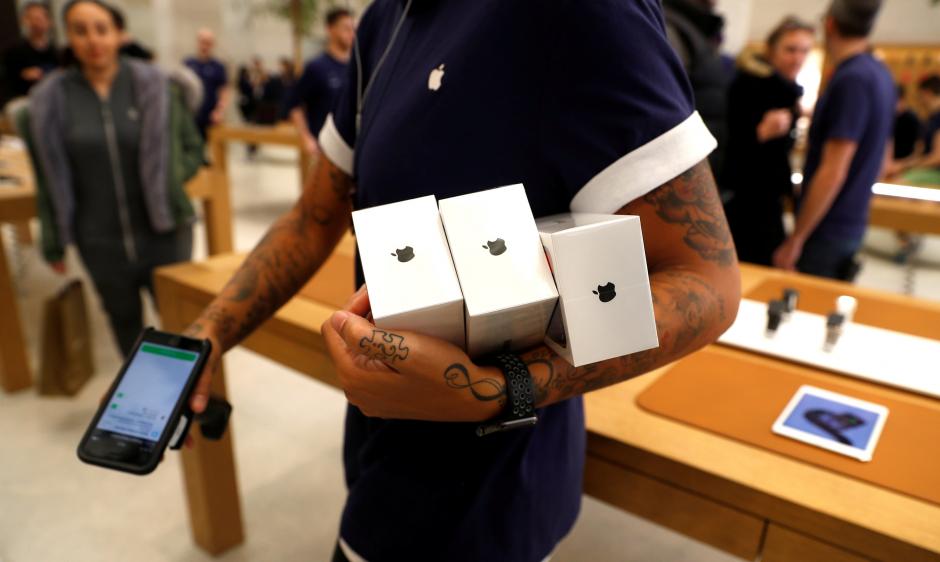Study links decline in teenagers’ happiness to smartphones
A precipitous drop in the happiness, self-esteem and life satisfaction of American teenagers came as their ownership of smartphones rocketed from zero to 73 percent and they devoted an increasing share of their time online. Coincidence? New research suggests it is not. In a study published Monday in the journal Emotion, psychologists from San Diego State University and the University of Georgia used data on mood and media culled from roughly 1.1 million U.S. teens to figure out why a decades-long rise in happiness and satisfaction among U.S. teenagers suddenly shifted course in 2012 and declined sharply over the next four years.
In the new study, researchers tried to find it by plumbing a trove of eighth-, 10th- and 12th-graders’ responses to queries on how they felt about life and how they used their time. They found that between 1991 and 2016, adolescents who spent more time on electronic communication and screens — social media, texting, electronic games, the internet — were less happy, less satisfied with their lives and had lower self-esteem. TV watching, which declined over the nearly two decades they examined, was similarly linked to lower psychological well-being.
By contrast, adolescents who spent more time on non-screen activities had higher psychological well-being. They tended to profess greater happiness, higher self-esteem and more satisfaction with their lives. While these patterns emerged in the group as a whole, they were particularly clear among eighth- and 10th-graders, the authors found: “Every non-screen activity was correlated with greater happiness, and every screen activity was correlated with less happiness.”


